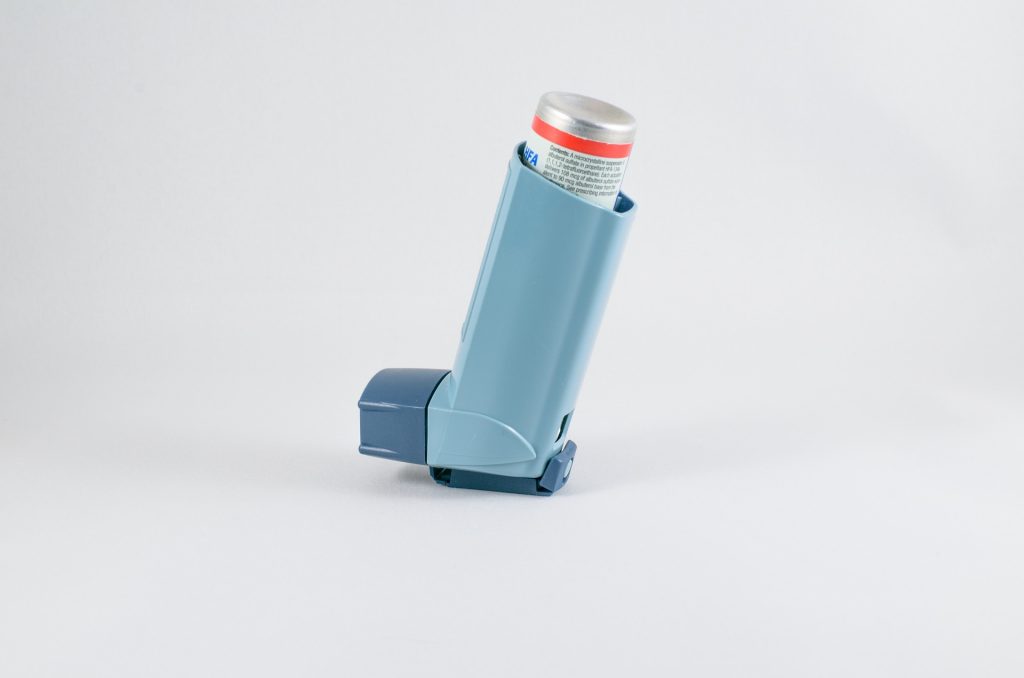
A European study showed that 92% of patients using the biologic therapy benralizumab could safely reduce inhaled steroid dose and more than 60% could cease entirely. The results, published in The Lancet, could be transformative for severe asthma patients by minimising or eliminating the unpleasant, and often serious, side effects of inhaled steroids.
These include osteoporosis which leads to increased risk of fractures, diabetes and cataracts.
Around 3 to 5% of the 300 million people with asthma worldwide have severe asthma. This leads to daily symptoms of breathlessness, chest tightness and cough, along with repeated asthma attacks which require frequent hospitalisation.
The SHAMAL study was led by Professor David Jackson, head of the Severe Asthma Centre at Guy’s and St Thomas’ and Professor of Respiratory Medicine at King’s College London.
Professor Jackson said: “Biological therapies such as benralizumab have revolutionised severe asthma care in many ways, and the results of this study show for the first time that steroid related harm can be avoided for the majority of patients using this therapy.”
The monoclonal antibody benralizumab targets interleukin-5, reducing eosinophil count, which is elevated in the airway of patients with severe asthma and is critically involved in the development of asthma attacks.
Benralizumab is injected every four to eight weeks.
The SHAMAL study took place across 22 sites in the UK, France, Italy and Germany.
The 208 patients were randomly assigned to taper their high dose inhaled steroid by varying amounts over 32 weeks, followed by a 16 week maintenance period.
Approximately 90% of patients experienced no worsening of asthma symptoms and remained free of any exacerbations throughout the 48 week study.
Similar studies to SHAMAL will be necessary before firm recommendations can be made regarding the safety and efficacy of reducing or eliminating high dose steroid use with other biologic therapies.
Source: King’s College London

